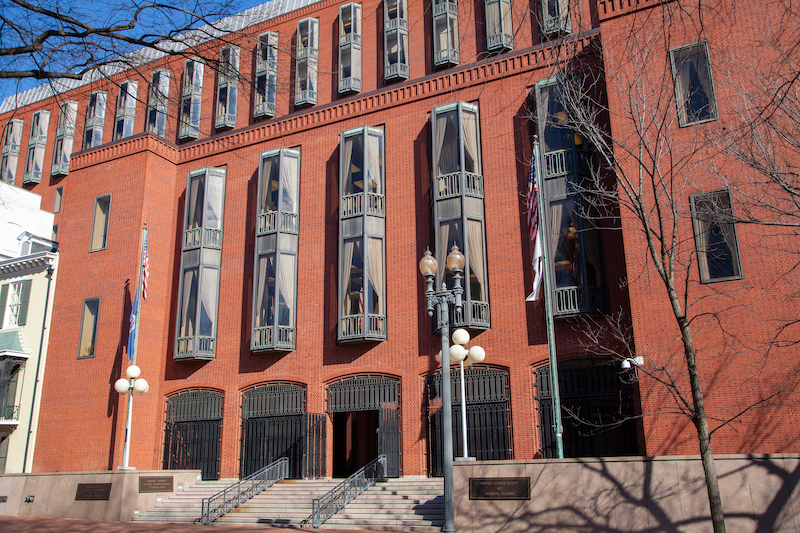
"Judge Stark did not believe that Acufloor's representations during prosecution sufficed to overcome clear indications from the specification that mortar is not required to reach the very edge of the tile to meet Acufloor's asserted claims."
"Although Judge Leonard Stark concurred with the panel's vacatur, he dissented from the majority's narrow construction of the claim term "edge," arguing that the proper course of action for the appellate court was to remand to the district court."
"Acufloor asserted claims from two of its patents in the Middle Florida infringement litigation against EvenTile: U.S. Patent No. 107513857 and U.S. Patent No. 10704274."
"Modified Construction of 'Edge' Includes Very Edge of Tile Plus Area Extending Inward of particular relevance to the majority's ruling and Judge Stark's dissent."
The U.S. Court of Appeals for the Federal Circuit issued a split ruling in the case of Acufloor, LLC v. EvenTile, Inc., vacating a non-infringement judgment from the Middle District of Florida. The case revolved around the interpretation of the claim term "edge" in Acufloor's patents regarding a tile-leveling system. Judge Stark dissented from the majority's narrow construction, advocating for a broader interpretation that may lead to enablement issues. The discussion highlighted the complexity of patent claim construction and its implications for infringement litigation.
Read at IPWatchdog.com | Patents & Intellectual Property Law
Unable to calculate read time
Collection
[
|
...
]